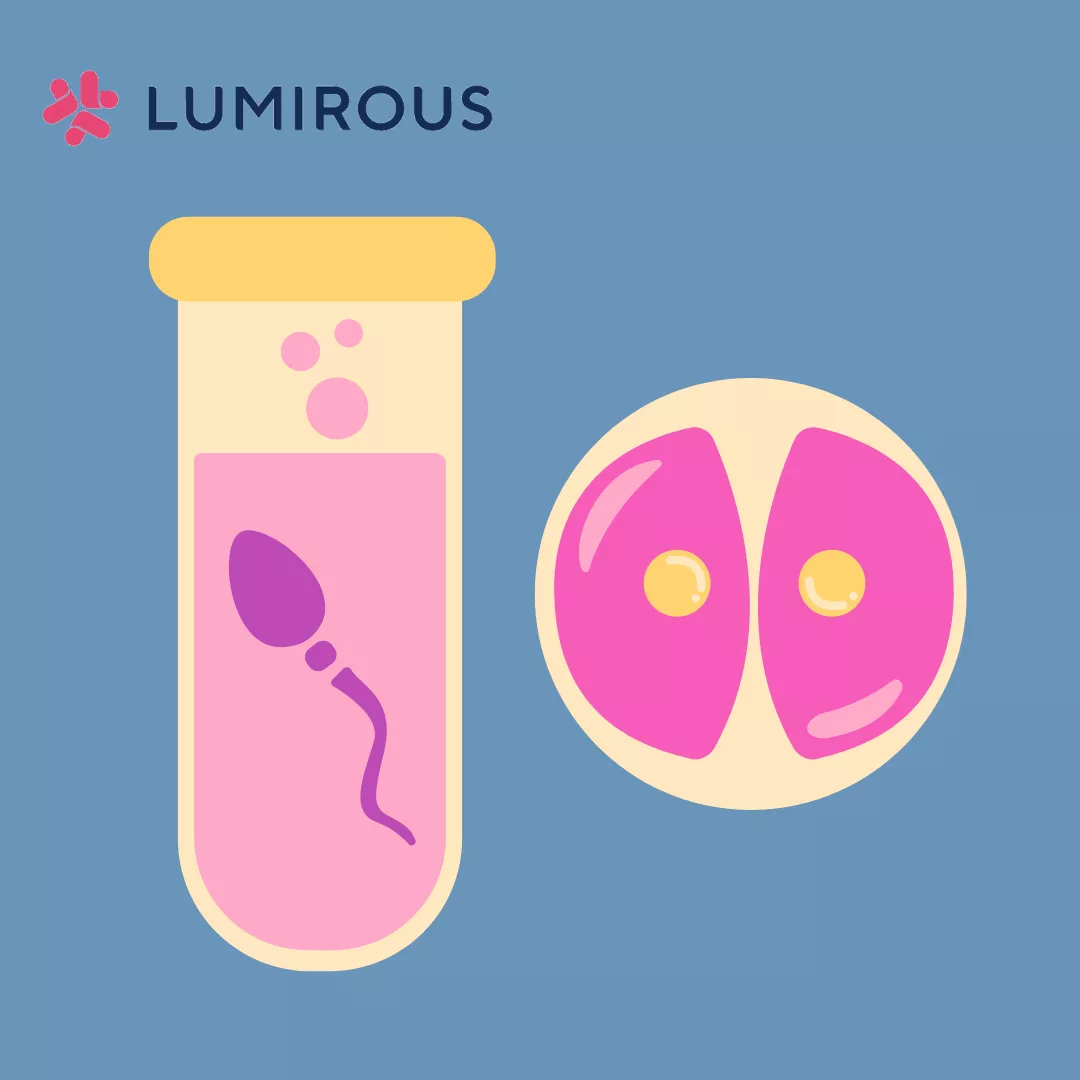Table of Contents

| Fertility issues are now becoming an alarmingly common problem for Malaysians. With the decline in the nation’s Total Fertility Rate (TRF), it has become apparent that more individuals and couples alike are struggling with pregnancy. Infertility is known as the main reason that contributes to the failure of natural conception, and tackling infertility problems is a delicate and complicated process. Men and women are advised to seek doctors' help regarding fertility care when they are unable to conceive after more than a year of unprotected sexual intercourse. |
| Fertility care comprises of prevention, diagnosis, and treatment of infertility. These three components of fertility care will be the main focus throughout your fertility wellness journey. |
Can You Prevent Infertility?
| Most cases of infertility cannot be predicted or prevented. However, some measures of prevention can be done by removing or controlling the risk factors that are known to contribute to fertility problems. Below are a few suggestions that can help to prevent infertility problems for both men and women. |
| Maintain a healthy weight and diet | Being underweight or overweight can be the reason why pregnancy can be difficult to achieve. Maintaining an appropriate weight can improve the regularity of the menstrual cycle for women and increase the production of quality sperm for men. A balanced diet and exercise plan can help to solve this issue. | |
| Reduce or abstain from smoking, alcohol, and drugs | Cigarettes, alcohol, and illicit drugs are never known to be healthy for your body — especially illicit drugs such as marijuana, cocaine etcetera. Not only these items can weaken your immune system, but they can also cause hormone disorders and further disrupt the functionality of your reproductive system. | |
| Practice safe sex to reduce the probability of contracting STIs and STD | Sexually transmitted infections (STIs) like chlamydia and gonorrhea are known to cause inflammation and damage to the reproductive organs when left untreated. Bear in mind that STIs usually show no symptoms, and can only be detected through testing. Furthermore, untreated STIs can develop into STDs like HIV. |
How is Infertility Diagnosed for Men and Women?
| There are two stages involved in diagnosing infertility. The first stage is consultation with your doctor regarding your sexual life and medical history. Your doctor will need to ask personal questions regarding sexual activities with your partner, for example, the frequency of sexual intercourse and if there is any pain during the intercourse. There will be inquiries on safe sex practices and whether you have multiple partners. Further inquiries may be made if you have previously been pregnant or have had a child with a different partner. |
|
The second stage is conducting examinations to evaluate your fertility. Diagnosis begins with an overall physical examination to determine your general state of health and to identify any physical problems that influence your fertility. Normally, when both stages are unable to diagnose the reason for conception difficulty, doctors will suggest specific tests to be conducted. |
|
An infertility diagnosis can be costly with no guarantee that you will be able to conceive afterward. However, it is an essential part to partake before one can proceed with infertility treatments. |
| Fertility test for women | Fertility test for men | |
| Specific infertility tests available for women are ovulation testing, hysterosalpingography, ovarian reserve, and hormone testing, as well as imaging. While the tests are designed to evaluate the functionality of the reproductive organs, be forewarned that they can be invasive and uncomfortable for many. |
Specific infertility tests available for men are semen analysis, testicular biopsy, imaging, as well as hormone and genetic testing. The tests are designed to evaluate the quality of sperm production and the functionality of all reproductive organs. |
Can You Treat Infertility?
| Infertility is treatable to some extent, even in unexplained infertility cases. There are three types of fertility treatments; medicine, surgical procedures, and assisted conception which include assisted reproductive technology (ART) methods. |
|
The type of treatment for each patient will depend on:
|
Infertility Treatments for Women
|
Medicines commonly known as fertility drugs are used to stimulate the ovulation process and treat hormone imbalance. Fertility drugs become the main treatment when women are infertile due to ovulation disorders. |
|
Surgical procedures may be advised when there are physical problems with the reproductive organs, for example, the blockage of the fallopian tubes and uterine problems. However, surgical treatment has become a rare option as there are more successes with other infertility treatments such as in vitro fertilization (IVF).
|
|
Assisted conception treatment (ART) includes procedures such as IVF and Intracytoplasmic sperm injection (ICSI). This type of treatment will be the next step when fertility drugs are unable to treat infertility. |
Infertility Treatments for Men
|
Medicines are used in treating men’s infertility for several reasons. Medication is the main option for treating STIs and hormonal disorders. Some medications can improve conditions such as erectile dysfunction and premature ejaculation. |
|
Surgical procedures for men are mainly required for conditions such as to reserve prior vasectomies and for direct sperm retrieval from the testicles or epididymis.
|
|
Assisted conception by ART treatments for men are mostly on sperm retrieval procedures and insertion of the sperm into a woman’s womb or directly into the egg for fertilization. |
Emotional Support
|
It is easy to overlook the emotional part of this journey. Do know that you do not have to suffer alone, seek help from your loved ones and talk to your healthcare provider. Your mental health is as important as your physical health while embarking on fertility care. |
